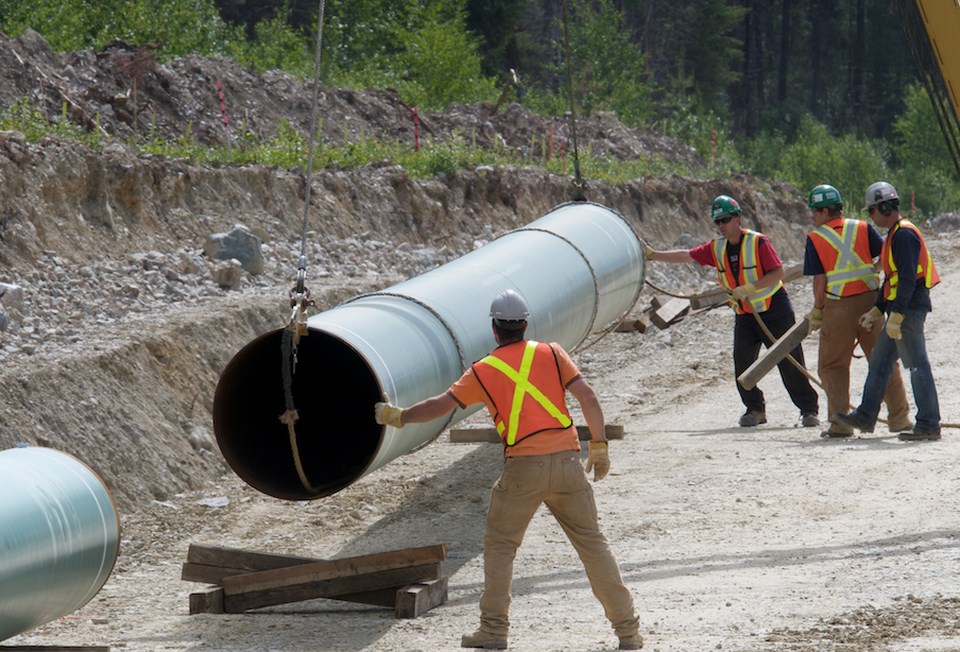John Horgan's "Stop Trans Mountain" tool box appears to be empty.
The B.C. premier had promised to "use every tool in our tool box" to halt the expansion of the Trans Mountain pipeline.
But on Thursday, the Supreme Court of Canada unanimously, and swiftly, dismissed B.C.'s appeal of a BC Court of Appeal decision, which found – also unanimously – that B.C. had no authority to do what it asked the court permission to do: Place limits on the volume of diluted bitumen that could flow through B.C. from Alberta by pipeline or train.
“This could not be a stronger affirmation of Alberta's position that the regulation of pipelines that go between provinces... are the exclusive authority of the national government,” said Alberta Premier Jason Kenney.
Horgan said in a press release, “Clearly, we are disappointed by the decision, but this does not reduce our concerns regarding the potential of a catastrophic oil spill on our coast. Our government takes our responsibility to defend the interests of British Columbians seriously. When it comes to protecting our coast, our environment and our economy, we will continue do all we can within our jurisdiction.”
It's not clear what else the B.C. government can do to stop the expansion project, now that the highest court in the land told the government is has no jurisdiction over federally mandated pipelines.
While Horgan's attempts to halt the project's expansion failed, he did succeed in forcing an ownership change. Canadians now own the Trans Mountain pipeline, thanks in no small part of the Horgan government.
When Kinder Morgan announced it was pulling the plug, it cited an inability to deal with what was essentially a political problem – something only the federal government could deal with. The Trudeau government salvaged the expansion project by buying the existing Trans Mountain pipeline for $4.5 billion, and agreeing to undertake the expansion, which is expected to cost $7.4 to $9.3 billion.
Horgan's attempts to halt the Trans Mountain pipeline also caused some serious damage with its relations with Alberta. When the Horgan government announced in 2017 that it would implement new environmental regulations that would allow the B.C. government to essentially freeze the volume of diluted bitumen that flows from Alberta through B.C., it resulted in a brief trade war, with Alberta boycotting B.C. wine imports.
The Horgan government backed off and said it would seek a ruling from the courts to determine if B.C. had the authority to regulate what moves on a federally regulated pipeline.
The BC Supreme Court ruled it could not, so the Horgan government appealed to the B.C. Court of Appeal, which unanimously ruled in May 2019 that B.C. had no jurisdiction on pipelines.
The B.C. government then appealed to the Supreme Court of Canada, which, on Thursday, unanimously rejected the appeal. It is reported by some media attending the hearing that the judges deliberated for less than an hour before dismissing the appeal.



